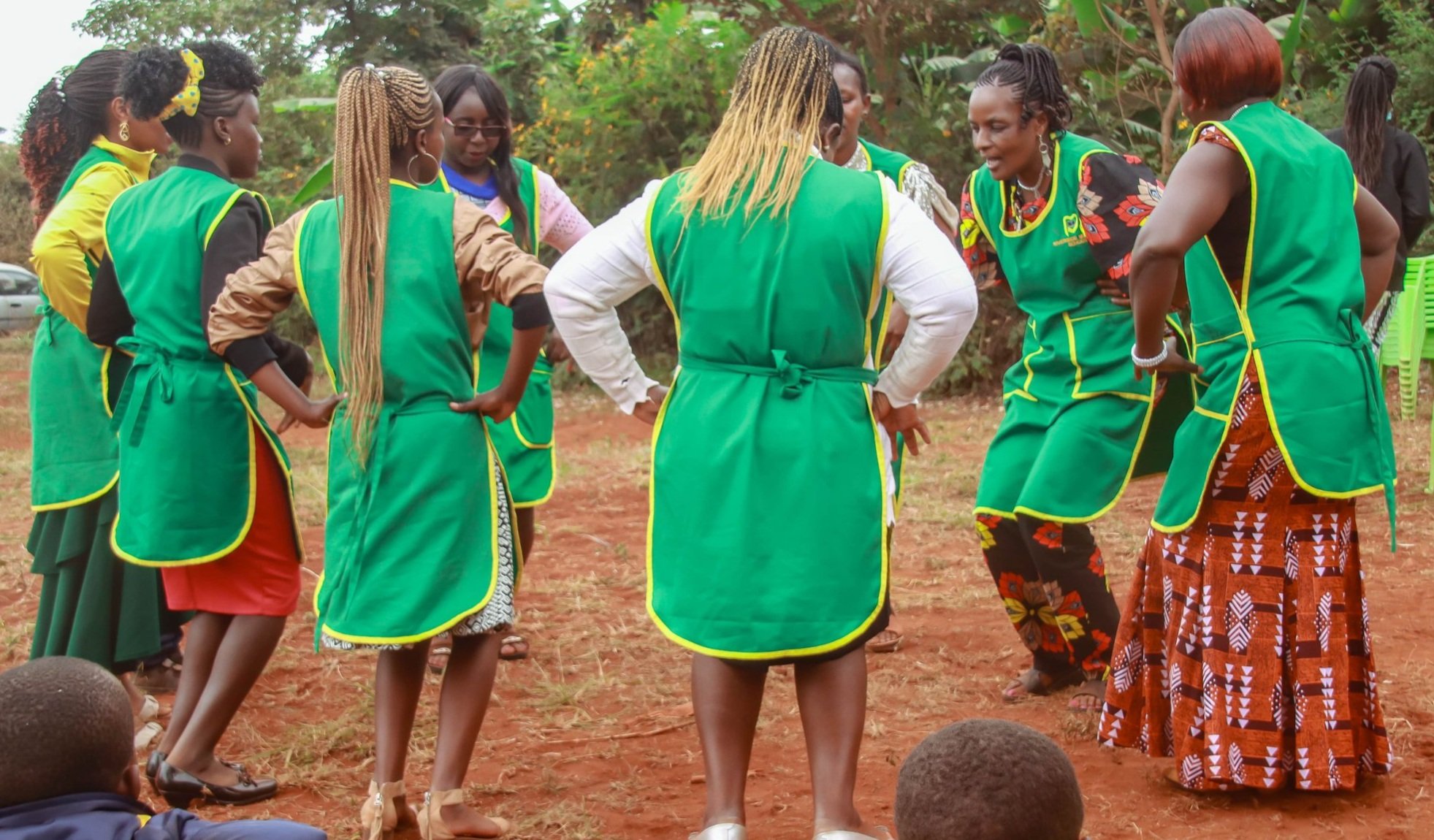
Breaking Systemic Barriers To Early Childhood Education
The Early Learning Sector Is Acutely Underfunded.
In Kenya, this sector remains mostly informal. The government does not guarantee the availability of funds needed to provide quality early learning services.
Kenya inherited an education system from the colonial administration that was set up to offer unequal treatment based on racial or ethnic criteria, these systems of inequity linger. It is time to challenge the status quo.
Early childhood education (ECE) is devolved in Kenya, which means that each of Kenya’s 47 counties is responsible for and implements ECE independently. The reason why most children can’t access ECE is that most counties do not guarantee it. Rural areas are most affected- those that do have ECE generally have crumbling infrastructure, overcrowded classrooms, and relatively poor educational outcomes perpetuating inequality.
Early learning services are, for the most part, provided by the non-profit and private sectors. As a result, most rural ECE schools are small, work with low budgets and operate on a stand-alone basis. This limits their ability to achieve economies of scale, hinders expansion, and affects the quality of service.
Africa's population is growing rapidly with projections indicating that by 2050 two in every five children in the world will be born in Africa. The projected increase in child population will necessitate an expansion of new schools and teachers to meet minimum international standards in education. Kenya’s children of today, like many others on the continent, will be the talent tomorrow’s global companies will be recruiting.

Imagine a world where every child’s life is a stream of opportunities where they can discover themselves and what they are capable of achieving.
Our Pendo Approach
Over the past 3 years, we’ve established and managed our flagship project - Pendo School, a community-based ECE (early childhood education) school exclusively serving young children below age 6. Our vision is to establish a network of similar schools in low-income communities through social franchising, as well as partner with existing informal ones - which are mostly single-site, female-run operations that struggle to survive. We will equip them with tools for success: business and teacher training, mentorship, ECE curriculum, branding, marketing materials, a step-by-step business and school registration guide and standard operating procedures.
Our Comprehensive Approach To Early Childhood Education
The Pendo Pedagogy
We teach based on Kenya’s National Curriculum, and in an effort to minimise post-colonial influences in our teachings, we have blended it with Indigenous knowledge that is rooted in the local culture. As we aim to build our social franchise, our adaptable pedagogy will amplify the impact on our pupils through a curriculum that reflects learners' reality.
Food And Nutrition
Eat, grow, study! At Pendo school, we know that a nourished body can support a growing mind. That is why we provide two healthy school meals a day. We source fresh food directly from our local farmers. Our school has an on-site cook who prepares high-quality meals daily while achieving nutritional balance and internationally recognized food safety standards.
Water, Sanitation, Hygiene – WASH
Clean water, sanitation, and good hygiene practices are essential for the development of every child’s well-being, which is why we have made water, sanitation, and hygiene (WASH) education part of the curriculum, and blended it in our daily routine.
The Right To Play
Play is every child’s right, and we believe this right should be protected. Our play programs, including creative play, sports, games, and free play, help our children to actively engage in their lessons while inside the classroom and help them gain critical life skills while on the playground.




